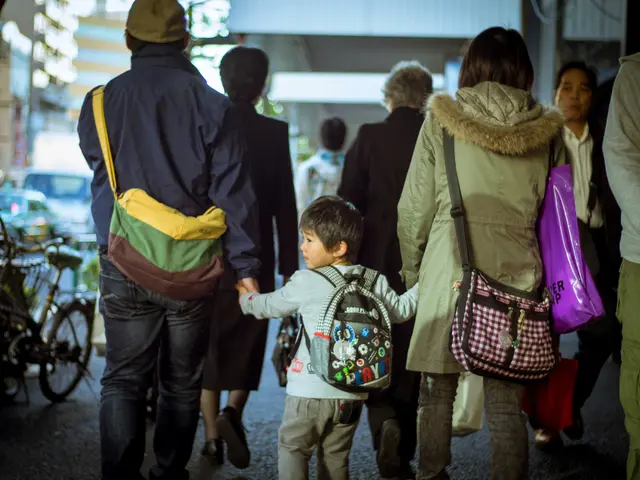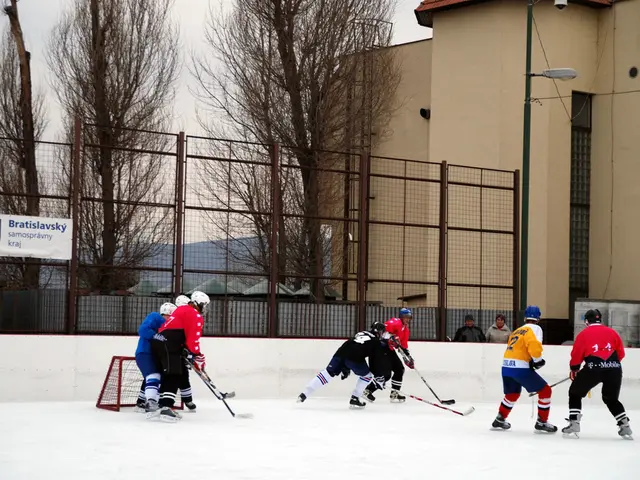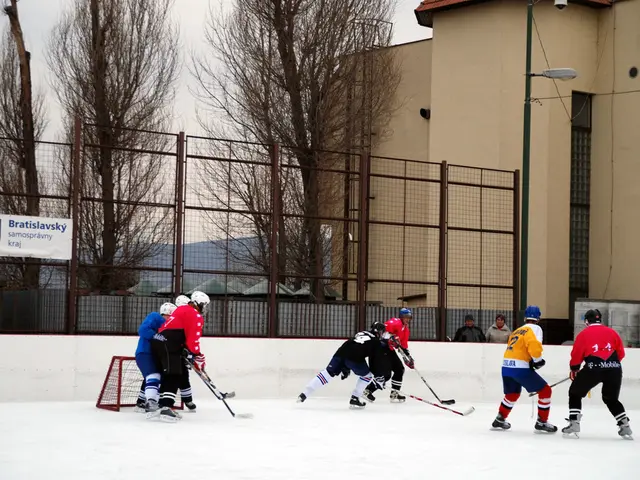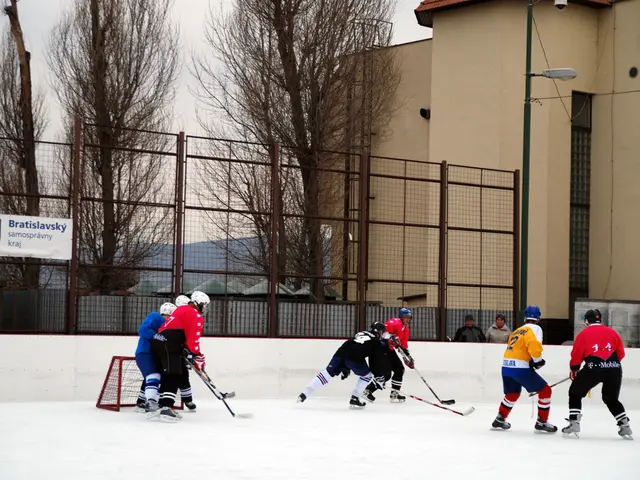No Refusals at the Gate: NRW Border Controls Unyielding
Border of North Rhine-Westphalia (NRW) has not denied entry for anyone so far. - Border of North Rhine-Westphalia (NRW) fails to enforce denials of entry
Hey there, folks! Let's talk about what's been going down at the North Rhine-Westphalia (NRW) border.
On the opening day of beefed-up border security, the Federal Police in NRW haven't turned a soul away yet. In the first 24 hours of these new measures, not a single person with an asylum application was refused or sent back to Belgium or the Netherlands. A Federal Police spokesperson confirmed that no asylum applications were received during this period[1].
Alexander Dobrindt, the newly-minted Federal Minister of the Interior, announced that border controls would be fortified. Anyone who's already submitted an asylum application in another EU country might now face refusal at the border, but there are exceptions for vulnerable groups like expectant mothers, children, and others.
After Dobrindt's announcement, the Federal Police in NRW increased their presence, according to their own statements. Exact numbers of officers deployed haven't been revealed, but the Federal Police in NRW typically have a mobile control and surveillance unit consisting of 180 personnel, with support from reserve police when needed.
Interior Minister Herbert Reul (CDU) sees these enhanced border controls as sending a double signal—one for the asylum seekers arriving and another for neighboring states. According to Reul, these new measures send the message that it's no longer a given that asylum seekers will be welcomed[2]. He also hopes that these reinforcements will encourage other European countries to tighten their own border controls[2].
To answer the burning question about whether these tough border measures are the correct approach to immigration, Reul says that while he was once critical, circumstances have changed[2]. He admits that uncontrolled and unauthorized immigration impacts public sentiment and fosters distrust if not acknowledged[2].
However, Reul stresses that there isn't a silver bullet for challenging issues like irregular migration. Fortified borders certainly play a part, but they aren't the sole answer[2].
- The Federal Police in North Rhine-Westphalia (NRW) maintained their stance on the first day of enhanced border security, with no refusals or returns of asylum seekers to Belgium or the Netherlands.
- Alexander Dobrindt, the new Federal Minister of the Interior, announced that the policy on border controls would be reinforced, with potential refusals at the border for those who have already submitted an asylum application in another European Union (EU) country.
- Exceptions to this policy include vulnerable groups such as expectant mothers, children, and others.
- In response to Dobrindt's announcement, the Federal Police in NRW increased their presence on their borders, though the exact number of officers deployed remains undisclosed.
- Although Interior Minister Herbert Reul (CDU) initially held critical views on tough border measures, he now supports them as a means to address public sentiment and distrust associated with uncontrolled and unauthorized immigration, acknowledging that these measures are not the sole solution to complex issues like irregular migration.








